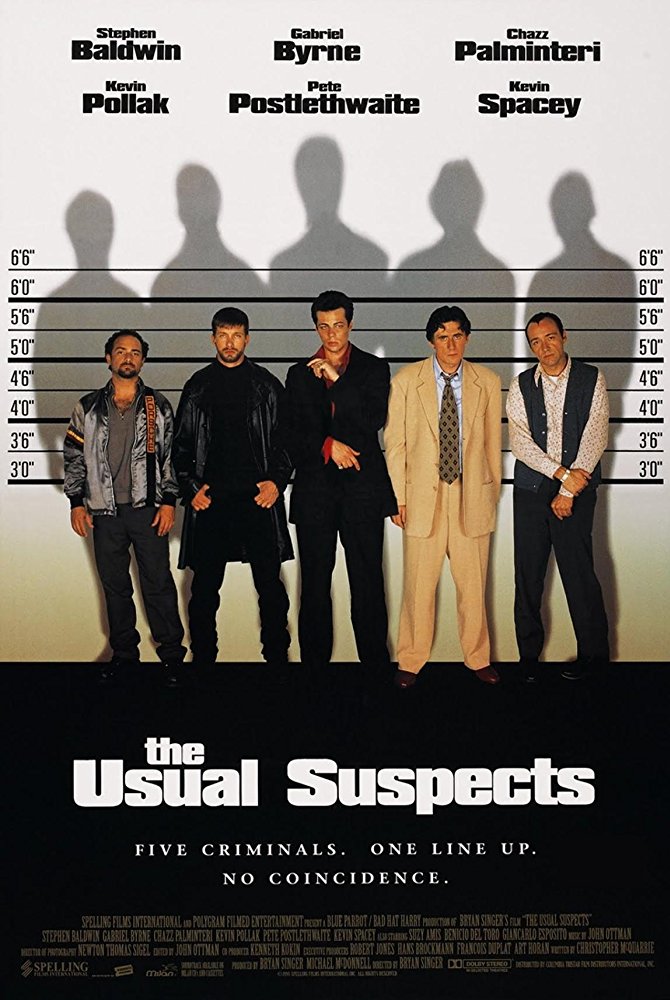Earlier, we have posted the Space·Time Deck.
It’s a set of cards, designed to help with improv.
But why cards?
In theory, an improv Storyteller should be able to use anything as support for improvisation. That’s true whether they’re performing for an audience, or improvising a plot for an ongoing Role-Playing Game, or improvising their character as a RPG player, or writing a book.
Do you know the ideal improviser? His name is Keyser Söze. In Usual Suspects, he manages to come up with a plot twist just by looking at his coffee cup.

Sadly, most of us aren’t Keyser Söze. We have ideas, many of them, all the time, but we typically have so many of them tha it’s hard for us to concentrate pick one, focus on it, and develop it until it actually becomes a good idea.
So we need to focus. While on stage, improv actors focus on the
topic or constraints of the improv and on
actors around them, ignoring the rest of the universe. Around a
table, or at a writing table, the problem remains the same, but
the situation is different – where most improv acts last only
a few minutes, or at most ninety minutes, typical gaming sessions
last at least 4 hours with no breaks, and hundreds of pages worth
of rulebooks, plots, character sheets and modules on the table.
Writing takes months or years during which too much focus
MAKES JACK A DULL BOY.
Looking at one card is one way to focus your thoughts, for just a few seconds, by forcing yourself to express your thoughts in relationship to this card. Focus helps you pick one single idea from the mass teeming in your brain, which is what you need to make that story interesting and fun!
Stay tuned for more on using the Space·Time Deck (or other sources of improv) for all your story-telling needs!
